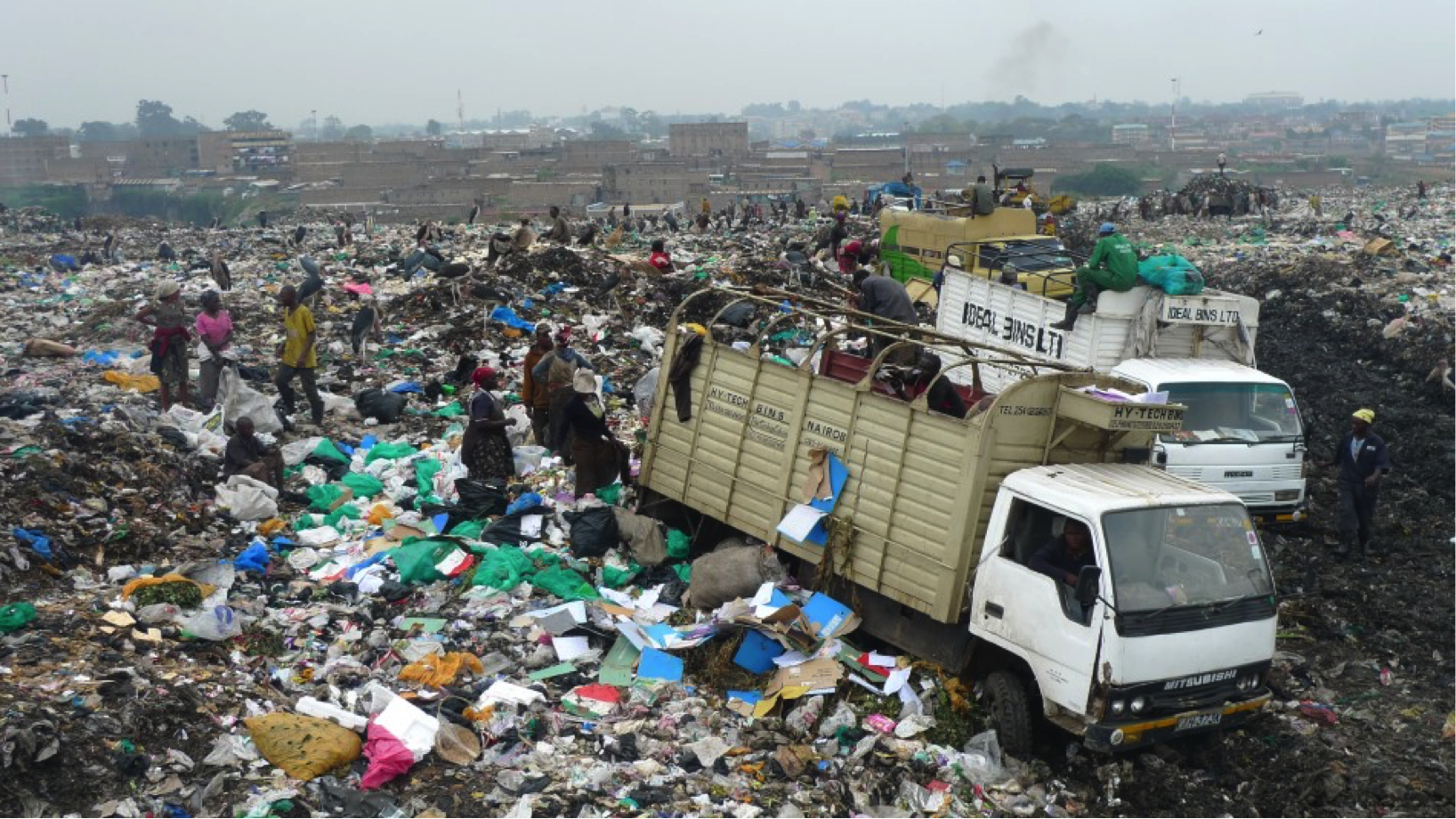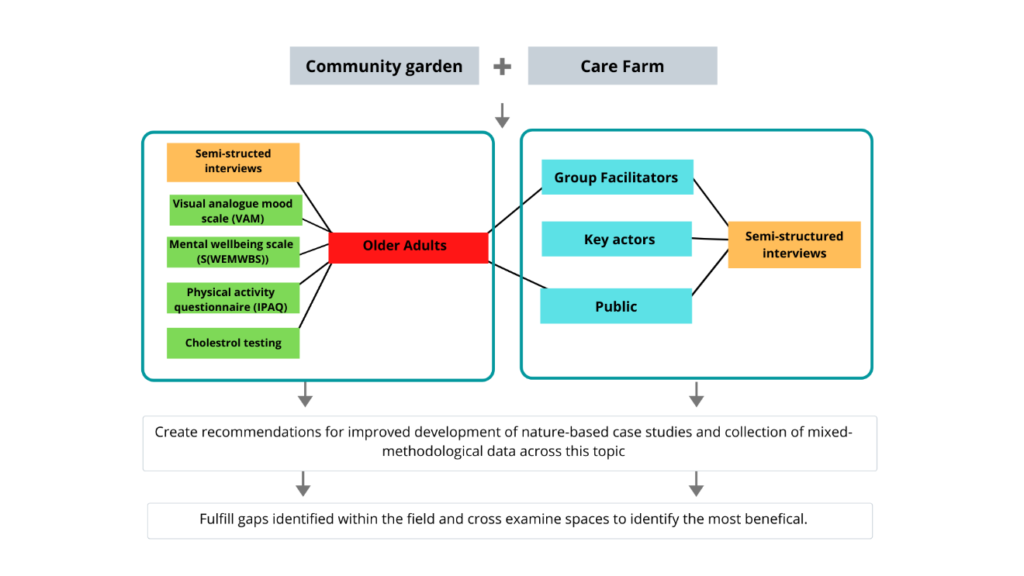City Know-hows

Target audience
UN-Habitat and the UN environmental programme (UNEP). City authorities in low- and middle-income countries.
The problem
Solid waste management is a significant issue confronting many countries across the world. It is particularly severe in low and middle countries, where solid waste production is on the ascendency. In Kenya, estimates indicate that Nairobi residents produce between 3,000 and 3,200 tons of solid waste each day. Other cities in the country face similar challenges. In light of this, the government has formulated several policies and regulations to address the menace. However, there are deficiencies in the implementation of these policies. This situation is unlikely to be confined to Kenya.
What we did and why
We used focus group discussions, key informant interviews and in-depth interviews in the data collection. We used these approaches because they offer the opportunity to investigate the issues in a more in-depth yet broader manner. We interviewed SW pickers/workers, community members/leaders, community-based organisations, waste collection companies, non-governmental organisations, government representatives, staff of county governments, national government agencies, and bilateral partners. All interviews were audio-recorded and transcribed verbatim by professional transcribers.
Our study’s contribution
Our approach used helped to identify solid waste management policy implementation gaps and opportunities that could be utilised:
Impacts for city policy and practice
Key points for cities:
Further information
Full research article:
Implementation of solid waste management policies in Kenya: challenges and opportunities by Dickson A. Amugsi, Kanyiva Muindi & Blessing U. Mberu.
Related posts

We used a case study approach to highlight potential radical health tools that could be embedded in research projects to enable us to understand more about how nature impacts health and wellbeing.

We highlight the beneficial interactions of “sensescapes”, the combination of soundscapes and natural landscapes, on psycho-physiological health. Our work shows the significance of interdisciplinary urban design and planning in harnessing these benefits – to enhance health and urban sustainability through the integration of nature’s influences on the body and mind.

Urban design and planning, and associated policies, must enable and support a collective adaptation to climate change by responding to local needs. These needs can be identified through an urban comfort lens considering sociocultural preferences and needs which must inform urban design and planning practice.